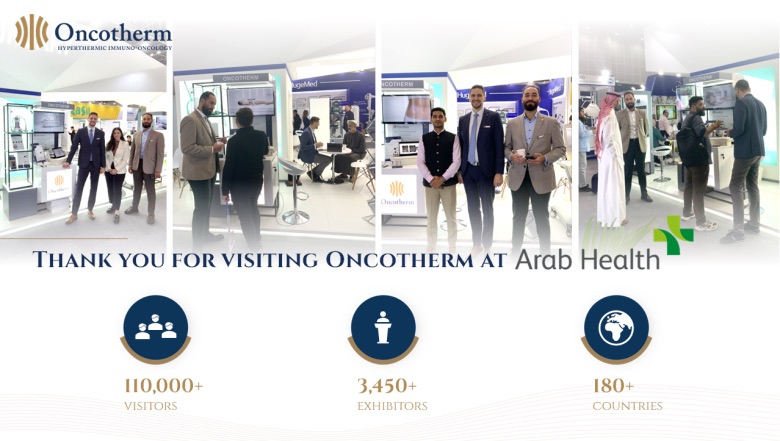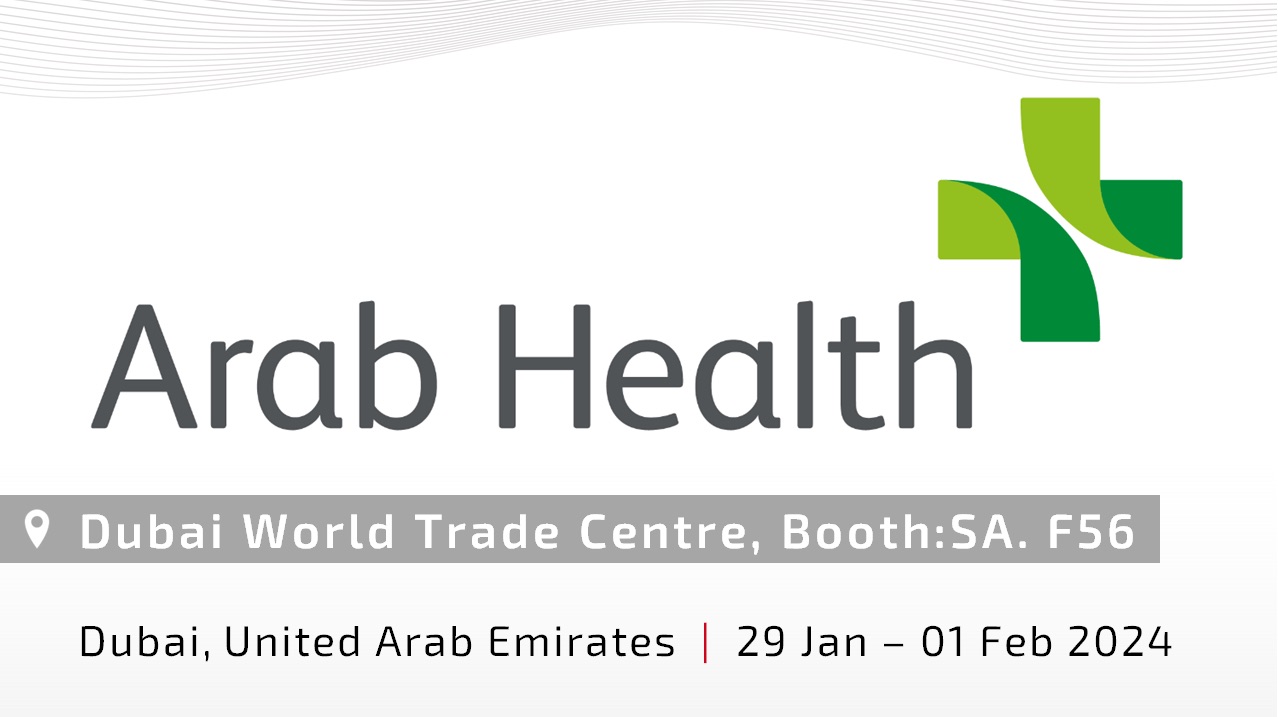Den gesamten Artikel finden Sie auf der Website der Zeitschrift
Klinische Phase-I / II-Studie zur modulierten Behandlung von Elektrohyperthermie bei Patienten mit rezidiviertem, refraktärem oder progressiv schwer behandelbarem Eierstockkrebs
Heon Jong Yoo, Myong Cheol Lim, Sang-Soo Seo, Sokbom Kang, Jungnam Joo, and Sang-Yoon Park
Abstract
Objective: To determine the maximal tolerated dose (MTD) of modulated electro-hyperthermia (mEHT) treatment and to reveal whether mEHT treatment is feasible and effective as second-line therapy in recurrent and progressive ovarian cancer.
Methods: Patients were treated with mEHT with dose escalation during the first cycle (two sessions each week for three weeks) to determine the MTD. Additional cycles were carried out with the determined dose. Dose limiting toxicity (DLT) was defined grade ≥ 2: skin burns and inability to endure the hyperthermic state of the study. The Fact-O quality of life scale was used to assess health-related well-being.
Results: Nineteen patients with recurrent and progressive ovarian cancer were enrolled. In the first cycle of mEHT treatment, no patient developed DLT with applied power up to 110 W, 130 W, and 150 W/day; the 150W was the maximal applied power. Stable disease was observed in only one patient (12.5%). With median progression of 4.0 months (range, 2–17 months), 18 patients (95%) demonstrated disease progression. With median overall survival of 8.0 months (range, 2–32 months), 18 patients (95%) had died. Physical well-being scores were significantly decreased over the study period, although social, emotional, and functional well-being scores did not significantly change.
Conclusions: The mEHT treatment was feasible in patients with recurrent or progressive ovarian cancer without any complication and optimal dose of mEHT treatment was up to 150W for 1 hour/ day.






